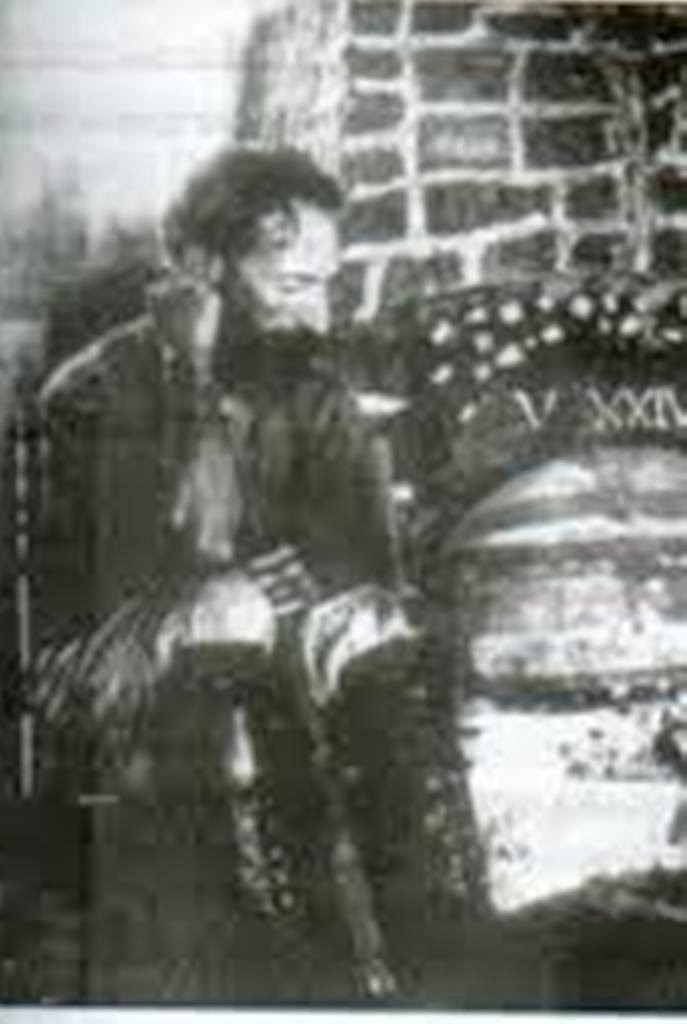I'm an old woman now; and I was but thirteen my last birthday, the night I came to Applewale House. My aunt was the housekeeper there, and a sort o' one-horse carriage was down at Lexhoe to take me and my box up to Applewale.
I was a bit frightened by the time I got to Lexhoe, and when I saw the carriage and horse, I wished myself back again with my mother at Hazelden. I was crying when I got into the "shay"—that's what we used to call it—and old John Mulbery that drove it, and was a good-natured fellow, bought me a handful of apples at the Golden Lion, to cheer me up a bit; and he told me that there was a currant-cake, and tea, and pork-chops, waiting for me, all hot, in my aunt's room at the great house. It was a fine moonlight night and I eat the apples, lookin' out o' the shay winda.
It is a shame for gentlemen to frighten a poor foolish child like I was. I sometimes think it might be tricks. There was two on 'em on the tap o' the coach beside me. And they began to question me after nightfall, when the moon rose, where I was going to. Well, I told them it was to wait on Dame Arabella Crowl, of Applewale House, near by Lexhoe.
"Ho, then," says one of them, "you'll not be long there!"
And I looked at him as much as to say, "Why not?" for I had spoke out when I told them where I was goin', as if 'twas something clever I had to say.
"Because," says he—"and don't you for your life tell no one, only watch her and see—she's possessed by the devil, and more an half a ghost. Have you got a Bible?"
"Yes, sir," says I. For my mother put my little Bible in my box, and I knew it was there: and by the same token, though the print's too small for my ald eyes, I have it in my press to this hour.
As I looked up at him, saying "Yes, sir," I thought I saw him winkin' at his friend; but I could not be sure.
"Well," says he, "be sure you put it under your bolster every night, it will keep the ald girl's claws aff ye."
And I got such a fright when he said that, you wouldn't fancy! And I'd a liked to ask him a lot about the ald lady, but I was too shy, and he and his friend began talkin' together about their own consarns, and dowly enough I got down, as I told ye, at Lexhoe. My heart sank as I drove into the dark avenue. The trees stands very thick and big, as ald as the ald house almost, and four people, with their arms out and finger-tips touchin', barely girds round some of them.














